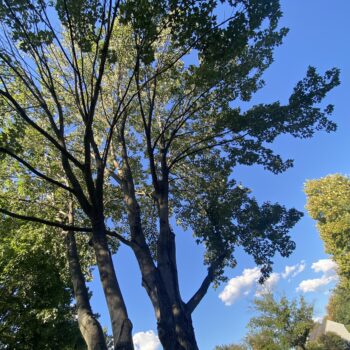
Encounters with “The Other”: A History and Possibilities
Knowing/not Knowing the “Other”
1. Substitute knowledge
We sincerely believe we know the “other,”
and that knowledge justifies our feelings and actions toward them.
But consider for a moment the possibility that we do not know them – not really,
not the “others” generally (if there is such)
and certainly not this “other”
who stands before us.
And consider the possibility that,
in the absence of real knowledge,
our minds are open to
“substitute knowledge”
– our projections based on our own fears and desires –
(seeing them as thieves, liars, cheats, sexual menaces).
And consider the possibility that in the absence of real knowing,
our minds are open to “substitute knowledge”
as fed to us by demagogues –
enflaming us with images of the “other” –
their conspiracies, vile practices, inferiority,
all in contrast to our purity.
“Substitute knowledge” fills the void.
With it we now know the “other,”
and knowing what we know:
Who wouldn’t do what we do to such people?
- Posted by Barry Oshry
- On September 27, 2018
- 0 Comment


Leave Reply